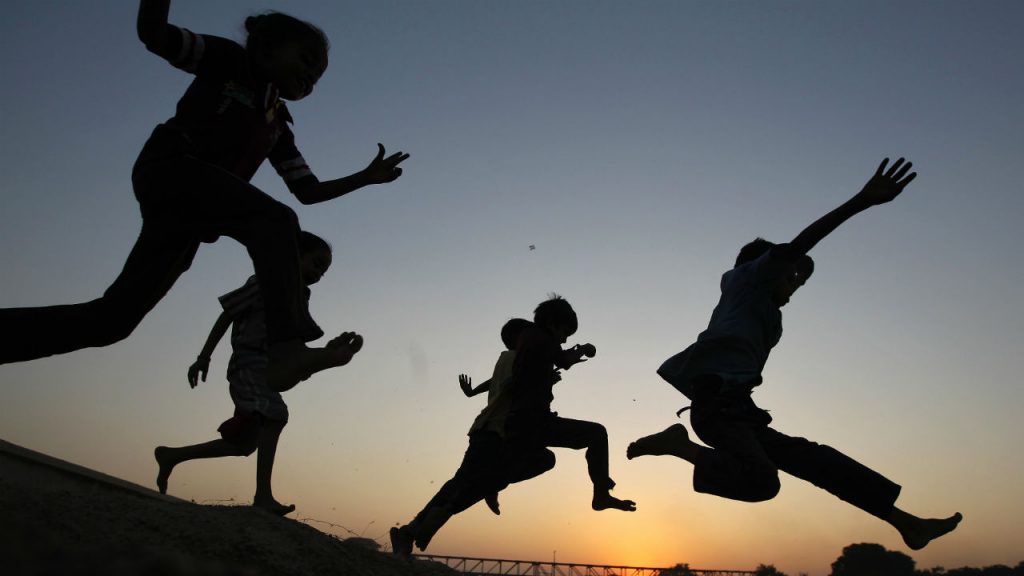Bhubaneswar: After drawing flak on increased crime against children, the state government has drafted a policy for children.
Women and Child Development department has drafted the policy guidelines and sought opinions of various groups and organizations by September 10.
The draft policy was prepared on the basis of key principles of National Policy for Children, 2013, universal rights of children within the framework of UN Convention on the Rights of the Children –1989 and Sustainable Development Goals, 2030.
As per the draft policy, there are many gaps in achieving minimum standards of quality care, education and wellbeing for the children in Odisha.
“Child health indicators in the state show poor healthcare support for children. Neonatal and infant mortality rates are high. Malnourishment and associated conditions among children are alarming. Disadvantaged children from ST and SC communities, children from conditions of poverty and deprivation need additional support for quality care, education and development,” it said.
Children in urban areas, especially those from disadvantaged sections, slums and urchins, and kids with disabilities are susceptible to ailments, poor access to water and sanitation, insufficient education and lack of protection and safety. Multiple adversities that children in the state face have not been adequately dealt with.
Additionally, prevention of child abuse including sexual abuse, child trafficking, cruelty and violence against children, superstition, quackery and harmful healing practices need to be addressed in the state, the government observed.
Children in Odisha comprise 34 per cent of the state’s population for whom the state spends 4 per cent of GSDP. Public spending on kids in developed and developing countries around the world targets six per cent of the GDP. The government will try to provide special provisions for children out of anganwadis to facilitate their primary education.
“Ensure that all forms and levels of education, hostels and residential facilities are provided to children, both private and government, and all unregulated schools and educational institutions follow a minimum set of quality standards that are prescribed, enforced, monitored and regulated by the government through appropriate mechanisms,” the policy said.
Specialised law enforcement systems such as child-friendly police stations and dedicated special courts would be set up for effective justice delivery to all children. The policy will ensure that no child is subjected to any form of physical or mental abuse, punishment, or discrimination. The government has also committed to ensuring adequate rehabilitation and rights of children who have been victims of some form of abuse, neglect and exploitation.
“Take necessary measures to prevent misuse of technology and internet and protect them from harmful effects of cyber games, bullying and cybercrimes,’’ suggested the draft policy.



